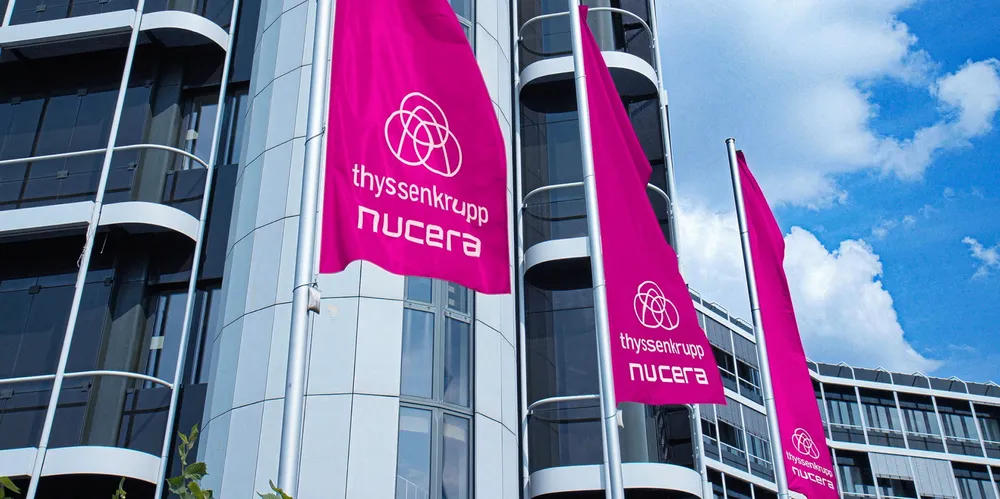'Aim to be number one': Thyssenkrupp mulls IPO for green hydrogen business as order backlog hits $1bn
German industrial conglomerate rebrands H2 unit to Thyssenkrupp Nucera and plans to use proceeds from stock listing for further growth

German industrial conglomerate rebrands H2 unit to Thyssenkrupp Nucera and plans to use proceeds from stock listing for further growth
